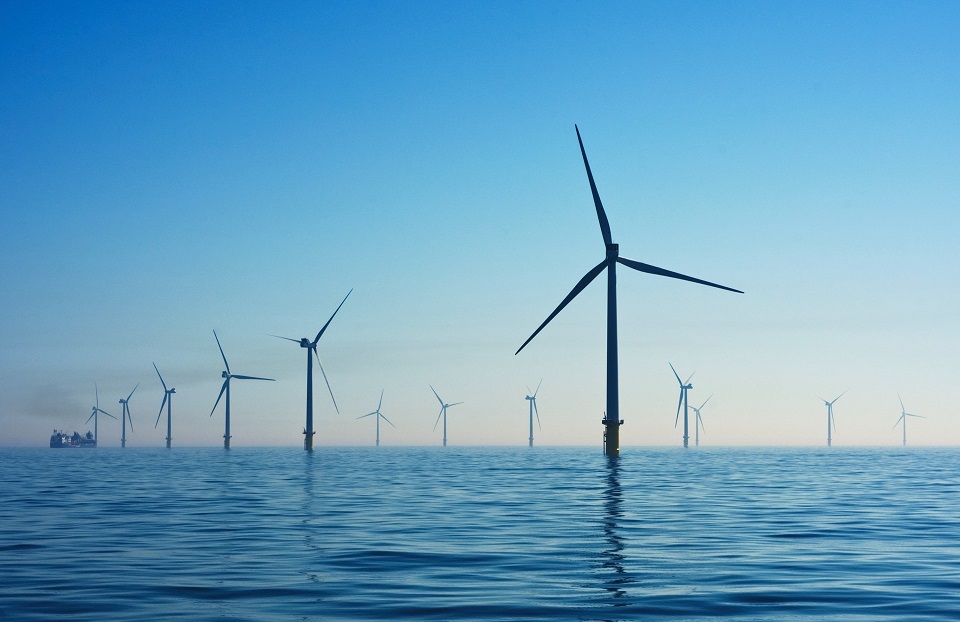Decarbonising Romania’s Industry

Article by Energy Policy Group (Constantin Postoiu, Corina Lazar, Luciana Miu, Mihnea Catuti)
Under the ambitious framework of the European Green Deal, the need for deep industrial decarbonisation has been increasing in urgency. Emissions cuts in energy and resource-intensive manufacturing sectors are key to mitigate climate change, as well as to ensure competitiveness in a progressively low-carbon world. This is particularly important for Romania, where despite a trend of recent deindustrialisation industry contributes more to the economy, employment, and national greenhouse gas (GHG) emissions than the EU average.
The steel, cement and chemicals manufacturing sectors are central to Romania’s economy. Operational facilities in these sectors consume significant amounts of electricity, natural gas, and water, as well as specific feedstocks such as coking coal, steel scrap, and limestone. The production landscape is dynamic, with some facilities closing and others reopening or planning to increase their production. Against this background, the challenge of decarbonisation is significant: for national emissions to reach net zero by 2050, Romania’s industry will need to reduce its energy consumption in half, undergo massive electrification and a switch to hydrogen and biomass, improve material efficiency, and implement carbon capture and storage.
Full report: Decarbonising Romania’s Industry – EPG (enpg.ro)













